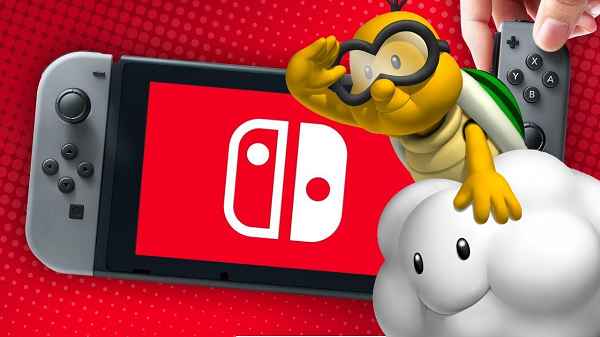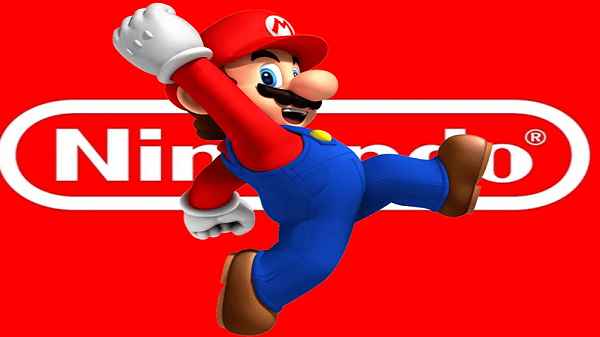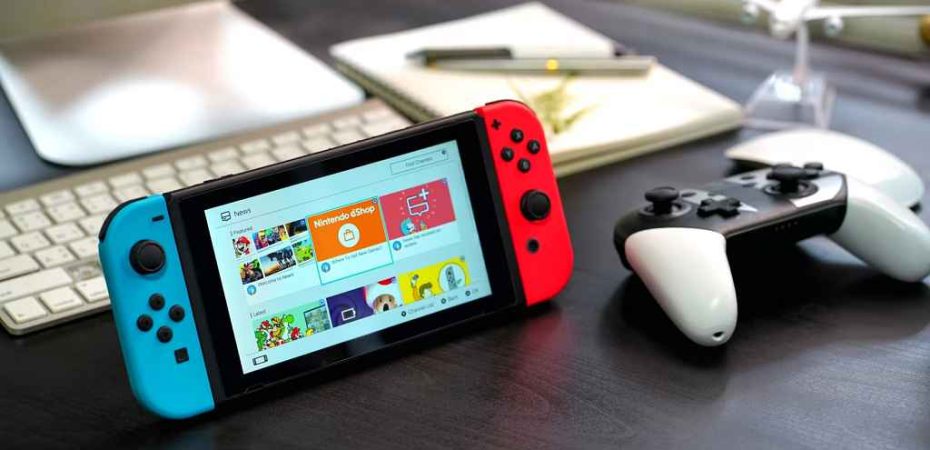Nintendo, a name once synonymous with innovation and gaming excellence, has captured the hearts of gamers worldwide with iconic franchises like Mario, Zelda, and Pokémon. However, as time has passed, some long-time fans and critics have expressed disappointment with Nintendo’s current state. In this article, we will explore the reasons behind the sentiment that “Nintendo sucks now” and examine various aspects of the company’s performance.
The Glory Days of Nintendo
Once upon a time, Nintendo stood tall as the trailblazer of the gaming industry. Their consoles, like the NES, SNES, and Nintendo 64, redefined gaming experiences for millions of players. The company’s unique approach to gaming, innovation, and captivating storytelling earned them a devoted fan base.
The Shift in Gaming Trends
As gaming trends shifted, Nintendo faced challenges in keeping up with the demands of modern gamers. While competitors embraced powerful hardware and cutting-edge graphics, Nintendo stuck to a more family-friendly and casual gaming approach. As a result, some gamers felt left out or unsatisfied with the company’s direction.
Lack of Innovation
In recent years, Nintendo has faced criticism for a perceived lack of innovation. Many argue that they have been relying too heavily on existing franchises, releasing iterative sequels rather than pushing the boundaries of gaming experiences. The absence of groundbreaking concepts has led to a feeling of stagnation among players.
Quality vs. Quantity
With an influx of games released regularly, some argue that Nintendo has shifted its focus towards quantity over quality. This approach can lead to rushed development and subpar titles, diluting the overall gaming experience and affecting the reputation of the company.
Online Gaming Experience

Nintendo’s online gaming experience has often been considered inferior to that of its competitors. Limited functionality, lack of dedicated servers, and an outdated online infrastructure have frustrated players seeking smooth and seamless multiplayer experiences.
Communication and Community Building
Effective communication with players is vital for any gaming company. Nintendo has faced criticism for its lack of transparency and engagement with the gaming community. This communication gap can lead to disappointment and feelings of being unheard among fans.
The Mobile Gaming Impact
Nintendo’s foray into mobile gaming has been met with mixed feelings. While mobile games have introduced Nintendo characters to a broader audience, some fans argue that the company’s focus on mobile titles has diverted resources from console gaming.
Hardware Limitations
Nintendo’s commitment to family-friendly gaming has led to hardware limitations compared to its competitors. While this approach allows for accessible gaming experiences, it sometimes hampers the potential for cutting-edge graphics and performance.
Lack of Third-Party Support

Unlike its competitors, Nintendo has struggled to attract significant third-party support for its consoles. This lack of support can limit the variety of games available on Nintendo platforms, leading to a perceived lack of gaming diversity.
The Overreliance on Franchises
While Nintendo’s iconic franchises have been immensely popular, some argue that the company relies too heavily on them, often at the expense of new IPs and fresh gaming experiences.
Competitive Gaming Scene
Nintendo’s approach to competitive gaming has sometimes been considered lacking. The company’s focus on casual gaming can deter hardcore competitive players, who may seek more robust and balanced competitive environments.
The Issue of Delays
Delays in game releases have been a recurring issue for Nintendo. Although delays are not uncommon in the gaming industry, consistent delays can erode players’ confidence in the company’s ability to deliver on promises.
Environmental Impact
The environmental impact of gaming consoles is a growing concern among consumers. Nintendo’s hardware decisions and manufacturing processes have faced criticism regarding their environmental footprint.
FAQs
Q: Is Nintendo still relevant in the gaming industry?
A: Yes, Nintendo remains a significant player in the gaming industry with a loyal fan base and successful franchises.
Q: Why does Nintendo focus on family-friendly gaming?
A: Nintendo’s commitment to family-friendly gaming aligns with its philosophy of providing inclusive and enjoyable experiences for players of all ages.
Q: Are there any plans for new Nintendo IPs?
A: While Nintendo continues to introduce new IPs, some fans would like to see more original titles alongside the beloved franchises.
Q: How does Nintendo handle player feedback?
A: Nintendo has been criticized for not being as responsive to player feedback as some other gaming companies.
Q: Are there any upcoming console releases from Nintendo?
A: Nintendo’s future console releases are typically kept under wraps until they are officially announced by the company.
Conclusion
Nintendo’s legacy in the gaming industry is undeniable, and the company has brought joy to millions of players worldwide. However, the sentiment that “Nintendo sucks now” stems from various factors. From a shift in gaming trends to perceived issues with innovation, online gaming, communication, and hardware limitations, Nintendo faces challenges in meeting the diverse expectations of its fan base. Despite this, the company’s iconic franchises and dedicated community continue to be the pillars of its success.
Read also:
- Corsair HS60 Headphones Review
- Experience the Best Games Like Hades: Uncover the Best Alternatives!
- The Top 10 Unblocked Games 6969 You’ll Love!
- Resident Evil Games in Order
- 10 Games like GTA You Need to Play While You Wait for GTA 6
- 10 Best Pirate Games 2022
- Building the Perfect Game Room: All the Things That You Need



